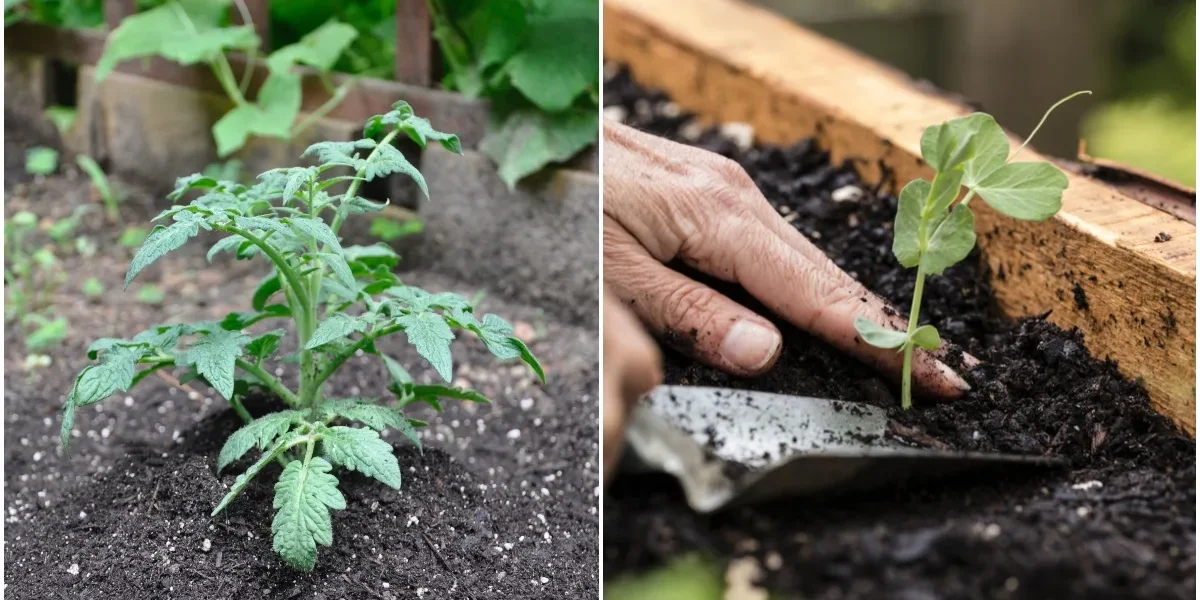Raised beds offer numerous advantages for vegetable gardening, from improved drainage to better soil control. To maximize the benefits of your raised beds, it’s crucial to choose vegetables that thrive in these environments. In this guide, we’ll explore the seven best vegetables to grow in raised beds, along with three that may not be the ideal candidates for elevated cultivation.
7 Best Vegetables for Raised Beds:
- Tomatoes: Tomatoes flourish in the well-drained and loose soil of raised beds. The elevated environment also allows for better air circulation, reducing the risk of diseases. Use stakes or cages to support indeterminate varieties.
- Carrots: Raised beds provide loose, stone-free soil that’s ideal for carrots to grow straight and true. Carrots also benefit from the improved drainage, reducing the risk of rot. Choose smaller varieties for raised beds if space is a concern.
- Lettuce and Salad Greens: Leafy greens like lettuce, spinach, and kale thrive in raised beds, taking advantage of the nutrient-rich soil and elevated planting surface. The ability to control the soil composition enhances the flavor and texture of these greens.
- Radishes: Radishes appreciate the loose soil in raised beds, allowing them to develop quickly and form plump, crisp roots. Their compact size also makes them suitable for smaller raised bed spaces.
- Peppers: Bell peppers, hot peppers, and chili peppers perform exceptionally well in raised beds. The warm, well-drained soil promotes robust root development and enhances overall plant health.
- Herbs: Herbs such as basil, cilantro, and parsley thrive in the controlled environment of raised beds. The ease of reaching and maintaining these smaller plants makes raised beds an ideal setting for an herb garden.
- Beans: Both bush and pole beans are well-suited for raised beds. The improved drainage and aeration in the elevated soil contribute to healthy bean plants and a more abundant harvest.
3 Vegetables You Probably Shouldn’t Grow in Raised Beds:
- Potatoes: While potatoes can be grown in raised beds, they may require deeper soil than typical raised beds provide. The yields might be limited, and harvesting can be more challenging in a confined space.
- Corn: Corn is a tall, wind-pollinated plant that may be challenging to grow effectively in the limited space of a raised bed. For optimal pollination and yield, traditional row planting is often more suitable.
- Pumpkins and Squash: Large vining plants like pumpkins and squash can quickly outgrow the space of a raised bed. Their expansive growth habit may not be well-suited for the contained environment of elevated planters.
Conclusion: Raised beds offer an excellent opportunity to grow a variety of vegetables, taking advantage of improved soil conditions and drainage. Choosing plants that thrive in these environments ensures a successful and bountiful harvest. Consider the specific needs and growth habits of each vegetable to make the most of your raised bed gardening experience.
